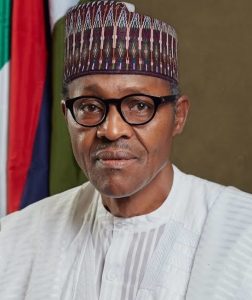
Scholars have highlighted setbacks in enforcing the global anti-money laundering and counter-terrorist financing (AML/CFT) laws. They attributed these challenges to the weak pre-conditions for effective regulation.
They also noted that the AML/CFT standards were created by developed countries. Hence, they are not reflective of the developing countries’ framework.
These were noted at a conference of the Global South Dialogue on Economic Crime to engineer conversations that would lead to academic and policy outputs on the theme ‘Global Anti-Money Laundering Standards: Errors in Transplantation and Unintended Consequences for Developing Countries’.
The conference deliberated the extent to which developing countries have adapted the soft law standards of the FATF, their levels of compliance where there is any, and how the dismal lack of AML/CFT infrastructure coupled with corruption and a lack of political will has contributed to their high or low levels of compliance.
These were explored along with other related matters to make recommendations and advance the body of existing knowledge on the matter under discourse.
It sought to do this by examining the global standards and implications of FATF’s anti-money laundering regime, implementation challenges faced by developing economies, unintended consequences of transplantation of FATF’s regime on financial inclusion and technology as well as de-risking.
Head of Law School at La Trobe University, Professor Louis de Koker, delivered the keynote speech on FATF mutual evaluation.







